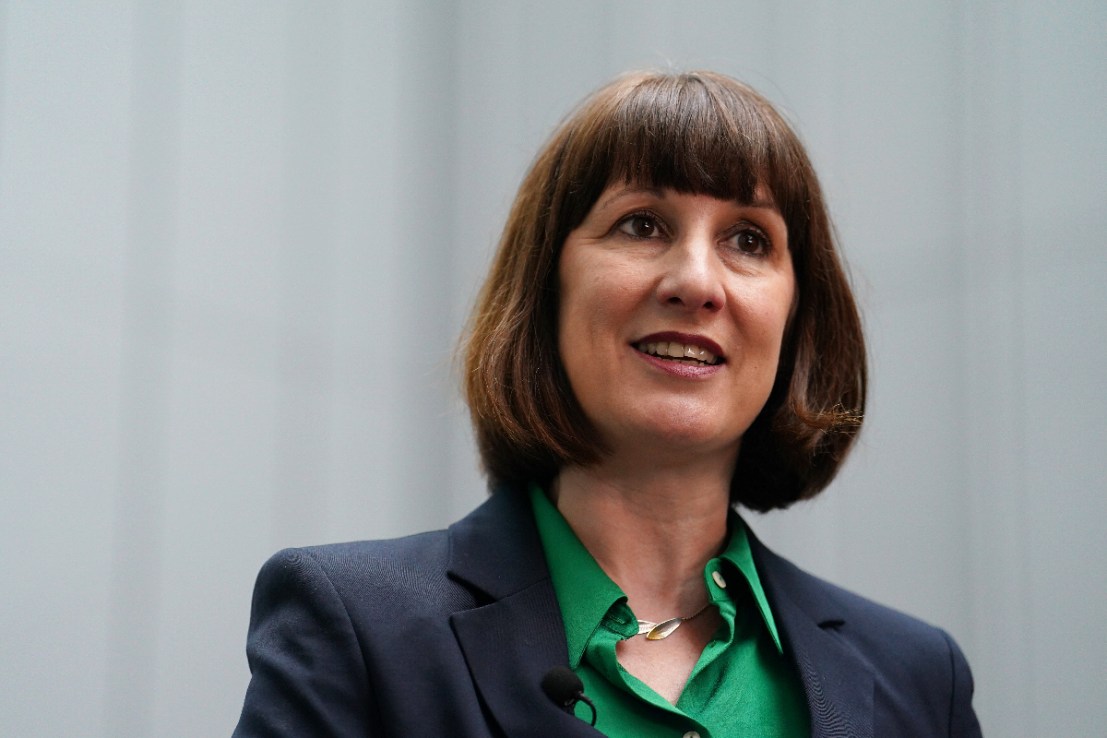Reeves to hike tax on UK founders looking to sell
Chancellor Rachel Reeves is reportedly plotting to hike taxes for entrepreneurs selling their businesses as part of her strategy to plug a £40bn fiscal “black hole”. In her upcoming Budget, Reeves is considering cutting a policy known as the business asset disposal relief, according to Bloomberg. The tax relief currently allows entrepreneurs to pay a [...]


Chancellor Rachel Reeves is reportedly plotting to hike taxes for entrepreneurs selling their businesses as part of her strategy to plug a £40bn fiscal “black hole”.
In her upcoming Budget, Reeves is considering cutting a policy known as the business asset disposal relief, according to Bloomberg.
The tax relief currently allows entrepreneurs to pay a reduced capital gains tax of 10 per cent on sale profits, compared to the standard 20 per cent rate for higher-rate taxpayers.
Sources said that while changes to this relief are under consideration, the final proposals may vary.
An HM Treasury spokesperson said: “We do not comment on speculation around tax changes outside of fiscal events.”
Cutting this relief is part of a broader overhaul of capital gains tax that Reeves is expected to announce on 30 October, especially after ruling out increases to several major levies.
Scrapping the policy is likely to cause further frustration among UK founders. In an open letter on Monday, 500 British entrepreneurs, including founders from Signal AI, Yonder, and Zopa, warned against proposed hikes to capital gains tax.
Current capital gains tax rates range from 10 per cent to 28 per cent, but there is speculation about potential alignment with income tax rates of 20 per cent to 45 per cent.
In their letter, the founders argued that raising rates to between 33 per cent and 39 per cent would lower tax revenues and weaken the UK’s competitive position as other nations improve their tax reliefs.
It also comes after the chief executive of Helm, a network of 400 founders, argued in City AM last week that a capital gains tax hike would cause entrepreneurs to decline to sell or flee to friendlier jurisdictions; either way, Britain will lose out.
However, Prime Minister Keir Starmer has dismissed reports suggesting Reeves could increase the levy to 39 per cent as “wide of the mark.”



